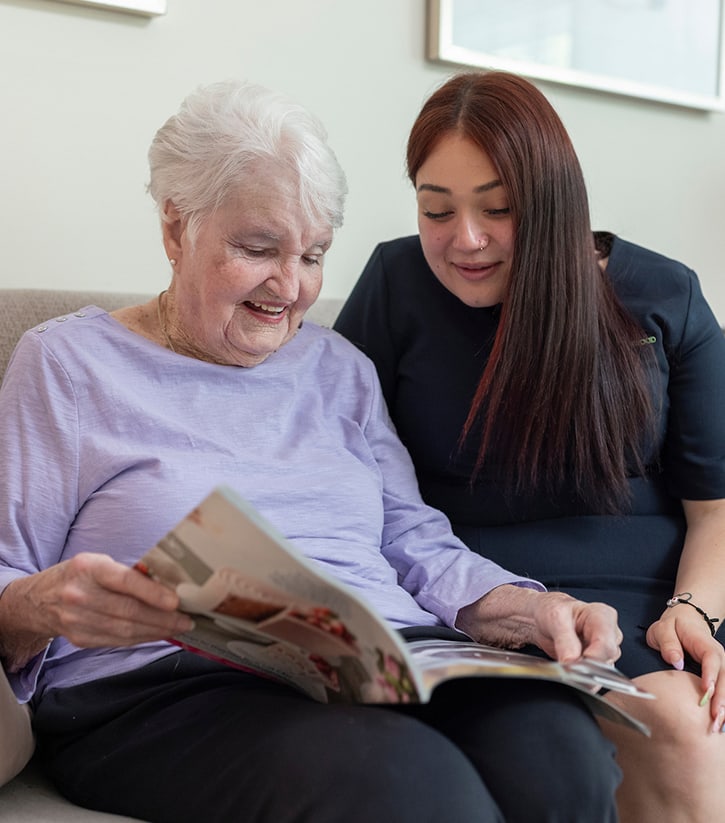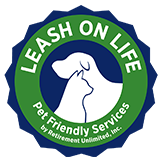Helping your parents move out of their long-time home is one of the most emotional and complex transitions many families face. A house isn’t just walls and a roof—it’s a space full of memories, routines, and comfort. The decision to move can bring up a mix of emotions for everyone involved, and it’s important to approach it with empathy, planning, and support.
If you’re beginning to explore how and when to help your loved one transition out of their home, it’s important to consider their health and safety, emotional readiness, choosing between assisted or independent living, support needs, and the logistics of downsizing and moving—all while keeping communication open and compassionate.
Understanding When It Might Be Time to Move
Knowing when to start the conversation is often the hardest part. It’s common for aging parents to resist the idea of leaving their home, even if it’s becoming increasingly difficult to manage.
Watch for These Common Signs
- Health concerns such as frequent falls, unmanaged chronic conditions, or memory issues
- Increased difficulty with daily tasks, like cooking, cleaning, or managing medications
- Loneliness or isolation, particularly if mobility or driving is limited
- Signs of home neglect, such as piled-up dishes, expired food, or missed appointments
The key is to have the conversation early, before a crisis occurs. If possible, make the discussion a series of conversations over time—this gives everyone space to reflect and prepare.
Involving Your Parent in the Decision
Even if the move is necessary for safety and support, it’s still a major life shift. Involving your parents in the process can help them feel respected, heard, and empowered.
Tips for Navigating the Conversation
- Be empathetic, not directive. Ask open-ended questions about their hopes and concerns.
- Acknowledge emotions. It’s okay for your parents to grieve the idea of leaving their home.
- Focus on what matters to them—comfort, safety, independence, and community.
This process is not just about logistics—it’s about helping your loved one feel secure in their next chapter.
Exploring Living Options That Support Well-Being
There’s no one-size-fits-all answer when it comes to senior living. The right environment depends on your parent’s health needs, lifestyle, and preferences.
Some factors to consider:
- Level of care: Do they need assistance with daily tasks, or just a more manageable living space?
- Social and wellness programs: Will they have opportunities to stay active and engaged?
- On-site services: Look for communities that offer amenities like fitness programs, educational classes, concierge support, and pet care.
- Dining and nutrition: Culinary offerings can have a big impact on quality of life and overall health.
A well-rounded community should provide more than medical support—it should enrich your parent’s lifestyle in ways that bring joy and ease.
Downsizing with Purpose & Care
Leaving a long-time home means making decisions about belongings accumulated over a lifetime. It can be overwhelming for both you and your parents.
Start with a simple plan:
- Begin the process early, even before a move date is set
- Work together using “keep, donate, toss” categories
- Save space for sentimentality—create a memory box or photo album of items that won’t be making the move
- Honor heirlooms by passing them along to family members or grandchildren
Give your parents time to revisit memories and say goodbye to their home on their own terms.
Easing the Transition on Moving Day
Even with good planning, the move itself can be emotional. Here’s how to make it smoother and more supportive.
- Stick to a familiar routine—keep meal times and rest periods on schedule
- Set up their new space with familiar furniture, photos, and personal items before they arrive
- If possible, bring a familiar scent, like their favorite candle or fresh laundry
- Be present emotionally, even if movers are handling the physical work
The first few days may feel disorienting, but with patience and support, the new environment will start to feel like home.

Supporting Emotional Adjustment After the Move
The emotional aspect doesn’t end when the boxes are unpacked. Adjusting to a new environment can take time.
How to Support the Transition
- Visit regularly, especially during the first few weeks
- Encourage your parent to join social activities, wellness programs, or educational classes to make new connections
- Be patient—feeling “at home” takes time, and it’s normal for your parent to miss their old routines
- Stay positive, and celebrate the wins (like a new friend made or a class attended)
Reassure your parents that they haven’t lost their independence—they’ve gained a support system that allows them to thrive.
Looking at the Benefits of the Move
While the decision may be difficult at first, many families are surprised by how much the move improves daily life. With less responsibility and more opportunities for connection, seniors often regain energy, independence, and peace of mind.
Residents in full-service senior living communities often enjoy:
- Access to concierge services that simplify daily life
- Fitness programs designed specifically for older adults
- Delicious, chef-prepared meals that support nutrition and enjoyment
- Lifelong learning classes to keep the mind engaged
- A safe, pet-friendly environment where beloved companions are welcome
- Professional, respectful care that adapts as needs change
It’s not just about downsizing—it’s about right-sizing to a home that suits this stage of life.
Helping Your Parents Thrive in Their Next Chapter
Moving an elderly parent out of their home is a big step, and it’s normal to feel unsure about how to approach it. But with thoughtful planning, compassionate communication, and the right support, this transition can lead to greater comfort, safety, and happiness for your loved one.
At The Hidenwood in Newport News, VA, we offer assisted living, independent living, and memory care to support your parents through every stage of their journey.
With personalized care, engaging programs like RUI FIT and RUI University, pet-friendly services through Leash on Life, and chef-prepared dining from Taste of RUI, every detail is designed to help residents feel safe, supported, and at home. place to live—we offer a warm, welcoming community where older adults can thrive.
Ready to see it for yourself? Schedule a tour today and experience the difference of senior living that truly feels like home.














